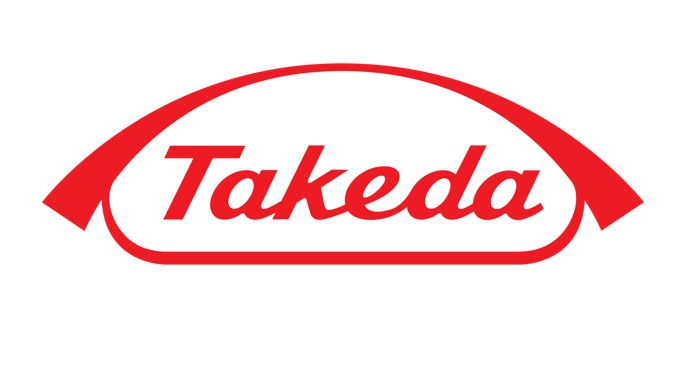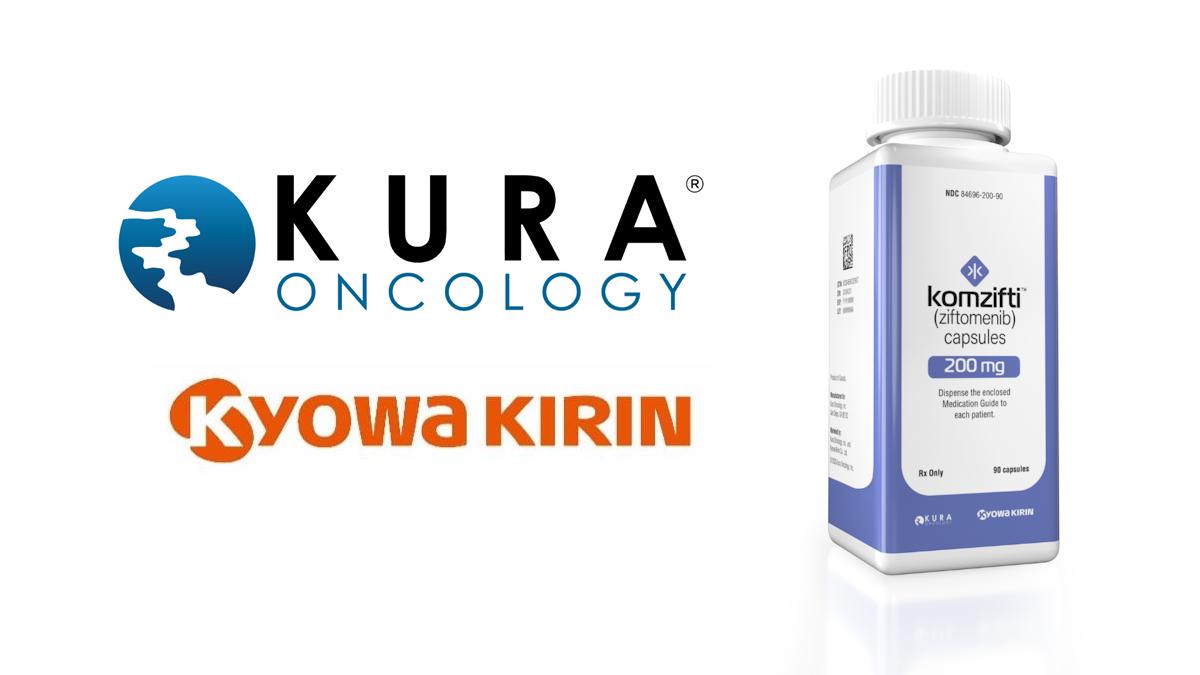Gamble by Takeda on unproven cancer mechanism draws a blank

Takeda says a phase 3 trial of its cancer candidate pevonedistat – a class-leading NEDD8-activating enzyme inhibitor – has failed to show a benefit in patients with blood cancers, placing its future in doubt.
The PANTHER trial looked at the combination of pevonedistat in combination with azacitidine chemotherapy as first-line treatment for patients with higher-risk myelodysplastic syndromes (MDS), chronic myelomonocytic leukaemia (CMML) and low-blast acute myeloid leukaemia (AML).
A look at the data showed that the combination was no better than azacitidine alone on the main outcome measure of event-free survival (EFS) – in other words transformation to AML or death in participants with higher-risk MDS or CMML, or death in subjects who already had AML at enrolment.
Takeda has been almost entirely on its among companies focusing on NEDD8 as a target, with its closest rival Taiho Pharma, which discontinued its TAS 4464 candidate on safety grounds after phase 1 trials, according to the AdisInsight database.
Pevonedistat (formerly MLN4924) has been in development for years, and was originally discovered by Millennium Pharma, which was bought by Takeda in 2008 for $8.8 billion and subsequently renamed Takeda Oncology.
The company had been hoping for a possible approval next year, according to its latest pipeline update. It is also testing the drug in a phase 2 trial involving people with AML who are considered not eligible for intensive treatment approaches like chemotherapy, with a readout due in 2024.
The rational for the development of the drug is that the NEDD8-activating enzyme (NAE) pathway is essential for regulating the cell cycle, and is disrupted in some forms of cancer. Inhibiting it leads to cancer cell death by disrupting protein homeostasis, according to Takeda.
"While we are disappointed with this outcome, we are continuing to gain a greater understanding of the full data set," said Chris Arendt, Takeda's head of oncology.
"We…hope that findings from this phase 3 study will provide information to help guide research and development for potential treatment options for these underserved patient populations," he added.













